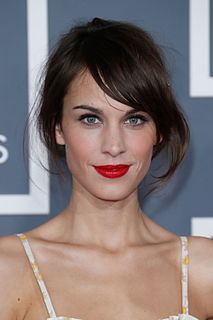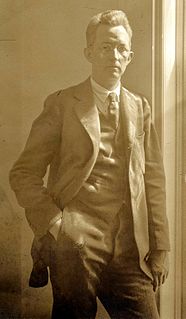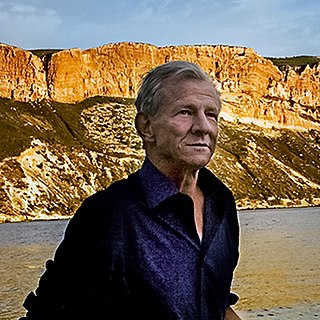A Quote by Hiroshi Sugimoto
Humans have changed the landscape so much, but images of the sea could be shared with primordial people. I just project my imagination on to the viewer, even the first human being. I think first and then imagine some scenes. Then I go out and look for them. Or I re-create these images with my camera. I love photography because photography is the most believable medium. Painting can lie, but photography never lies: that is what people used to believe.
Quote Topics
Because
Being
Believable
Believe
Camera
Changed
Could
Create
Even
First
Go
Human
Human Being
Humans
Images
Imagination
Imagine
Just
Landscape
Lie
Lies
Look
Love
Medium
Most
Much
My Imagination
Never
Never Lie
Out
Painting
People
Photography
Primordial
Project
Scenes
Sea
Shared
Some
Them
Then
Think
Used
Used To Be
Viewer
Related Quotes
It's possible to think of photography as an act of editing, a matter of where you put your rectangle pull it out or take it away. Sometimes people ask me about films, cameras and development times in order to find out how to do landscape photography. The first thing I do in landscape photography is go out there and talk to the land - form a relationship, ask permission, it's not about going out there like some paparazzi with a Leica and snapping a few pictures, before running off to print them.
I went to art school, wanting to be a painter and then I got into photography. Then it was movies, and I liked the images. One of the things that interested me in film was that I was communicating in images. That was something I did intuitively and could not even talk about until I started having to do interviews.
It's shot by Ben Rayner who I think is very talented at doing portrait photography as well as fashion photography. His images never look like a model. You know, it doesn't look like a faceless model just wearing whatever. There's always personality that comes through. That was quite important for me to capture.
I was always interested in drawing and painting. I enrolled in college to study painting. But I didn't have any livelihood when I graduated. My mother died very young, and I didn't have any home, so I had to find a way to earn a living. It seemed to me that photography - to the great disappointment, I have to say, of my painting teacher - could offer that. So I went and did a degree in photography, and then after that I could go out and get paid for work. For portraits, things like that.
I collect art on a very modest scale. Most of what I have is photography because I just love it and it makes me happy and it looks good in my home. I also have a pretty big collection of art books mainly, again, on photography. A lot of photography monographs, which is great because with photography, the art itself can be reproduced quite well in book form.



































